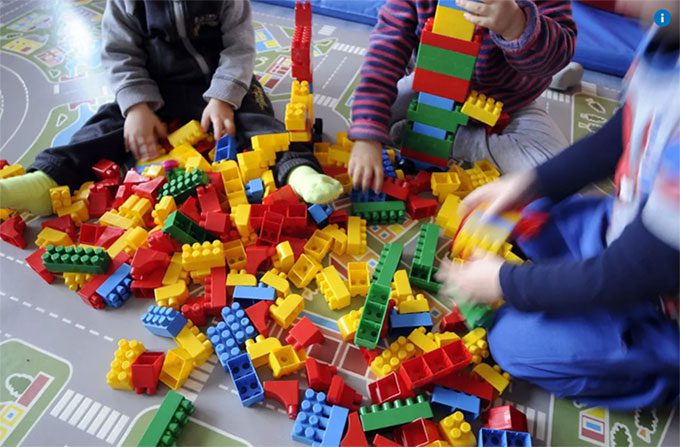A study from the University of Toronto (Canada) reveals that over 87% of household items contain traces of carcinogenic substances, including children’s toys.

Researchers found harmful SCCP substances in many children’s toys – (Illustrative Image: The Star).
The research also highlights the prevalence of a carcinogenic chemical known as Chlorinated Paraffin (CP), which has been banned in Canada for over a decade.
In the study published on April 11 in the journal “Environmental Science: Processes & Impacts,” researchers examined 96 products, including electronic devices, clothing, plastic toys, and artwork.
The results indicated that 84 of these products contained CP, an additive used in plastics to make them softer. Steven Kutarna, the lead author of the study, expressed surprise at finding these compounds in most of the products tested.
CP includes three types: Short-chain Chlorinated Paraffin (SCCP), Medium-chain Chlorinated Paraffin (MCCP), and Long-chain Chlorinated Paraffin (LCCP).
The production, sale, use, and import of SCCP have been banned in Canada since 2013 due to their negative impact on human health. SCCP was also included in a global ban under the United Nations Stockholm Convention in 2017.
Researchers found that SCCP is most commonly found in toys, particularly those designed for infants and toddlers, who are at risk of exposure by putting their hands in their mouths.
Electronic devices, such as headphones, also had chemical concentrations comparable to shopping bags.
According to Kutarna, these findings are just the beginning of understanding the prevalence of CP, simplifying detection, and expanding the enforcement of regulations regarding these chemicals.



















































